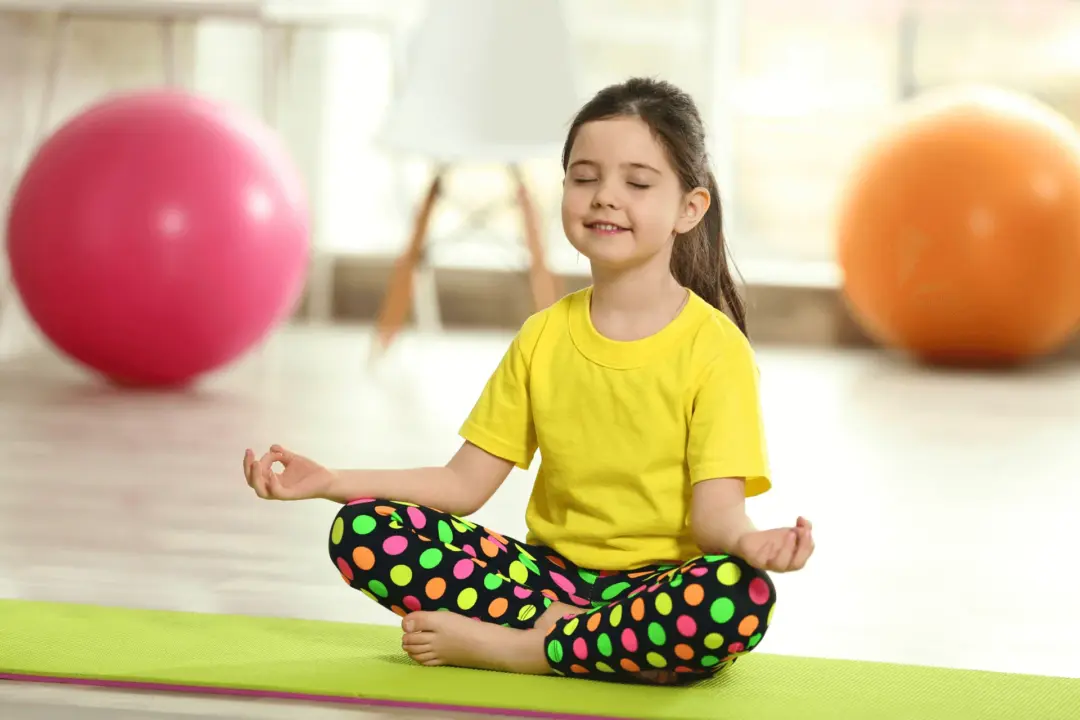Articles
Preparing for Postpartum with the Mom’s Mental Wellbeing in Mind
Postpartum is like a garden. If you don’t know how to care for it you’ll always feel like you’re getting it wrong. But when you understand the seasons, rhythms and gentle care it needs, you’ll watch it grow into something beautiful. The right knowledge, tools and mindset can transform the postpartum experience. Motherhood can be so deeply beautiful and at the same time devastatingly brutal. Sometimes it is difficult to express and identify exactly why. We know our bodies will physically change... But less commonly acknowledged are the intense changes to our biology, our identity, our beliefs, our independence or our purpose.
Repair, Don’t Repeat – How To Break Destructive Argument Cycles: Can We Attempt To Fight More Fairly In Our Relationships?
Every couple fights—it's a natural part of being in a relationship shaped by differing experiences and expectations. But conflict doesn't have to be destructive. By approaching disagreements with the mindset that it’s "me and my partner versus the problem," we can shift from rivalry to teamwork. Constructive communication involves listening to understand, managing our emotions, and choosing respect even when tensions rise. When we argue fairly and complete conversations with kindness and clarity, conflict can become a pathway to deeper connection rather than division.
Understanding Your Child Through The Lens Of Temperaments
As a parent, one of the most impactful gifts you can offer your child is understanding—especially when it comes to their temperament. Rooted in innate traits, a child’s temperament shapes how they perceive, respond to, and interact with the world. Drawing on the relatable metaphors of colours and trees, as developed by Lynette Beer and Hettie Britz, this article unpacks the four core temperaments—Sanguine, Choleric, Phlegmatic, and Melancholic—and explains how recognising these traits can transform your parenting approach. From improving communication and reducing conflict to strengthening emotional support and nurturing individual strengths, understanding your child’s temperament is a powerful key to fostering deeper connection and resilience.
Why Calming Strategies Are Essential In Play Therapy – And Why Practice At Home Matters
Calming strategies like deep breathing, rocking, or rhythmic activities help settle the brainstem, making it possible for children to engage in emotional and cognitive tasks. These techniques are essential in play therapy and even more effective when practiced regularly at home, where parents can model and support emotional regulation.
Finding Your Calm During Stress Awareness Month in South Africa
Think of anxiety as that overly sensitive alarm system within us. It's designed to alert us to potential threats, but sometimes it misfires, sounding even when things are fundamentally okay. During Stress Awareness Month, we're encouraged to tune into these internal alarms and explore ways to gently quiet them. This April, as we collectively turn our attention to stress and well-being, let’s consider some accessible practices you can weave into your day to gently ease anxiety and cultivate a sense of calm. These aren’t instant solutions, but they are meaningful steps you can take towards greater peace.
Helping Your Child Navigate Social Pressure: A Guide for Parents of Pre-Teens and Teenagers
Adolescence comes with intense social pressure — from peers to social media. This article offers practical strategies for parents to help their teens build resilience, set boundaries, and stay true to themselves in a world full of external influence.
Your Childhood Blueprint: Hidden Rules That Make You Who You Are
Many of our adult behaviours are shaped by hidden rules we learned in childhood—unspoken strategies we developed to feel safe, accepted, or loved. These patterns often run beneath our awareness, influencing how we relate, respond to stress, and make decisions. By exploring your unique childhood blueprint, you can uncover the roots of these behaviours and begin to choose new ways of being that align with who you truly want to be.
Embracing Life’s Challenges: The True Essence of Mental Health
True mental health is about resilience, not avoidance. Real peace comes from inner strength, not external control. Counselling helps build emotional regulation, assertive communication, and self-trust.
Cultivating Inner Calm: The Practical Application of Mindfulness
This article discusses mindfulness, its benefits for stress reduction, emotional regulation, and focus, along with practical techniques like breath awareness, body scans, mindful walking, and eating. It highlights the importance of integrating mindfulness into daily life for overall well-being, supported by research.
How Therapy Will Impact My Child’s Behaviour and When to Expect Noticeable Positive Changes
Therapy helps children express emotions, develop coping skills, and improve behaviour. Gestalt play therapy, based on Violet Oaklander’s work, uses play to foster self-awareness and emotional growth. Most children show progress within 12 to 20 sessions, with parental support playing a key role in lasting positive change.











